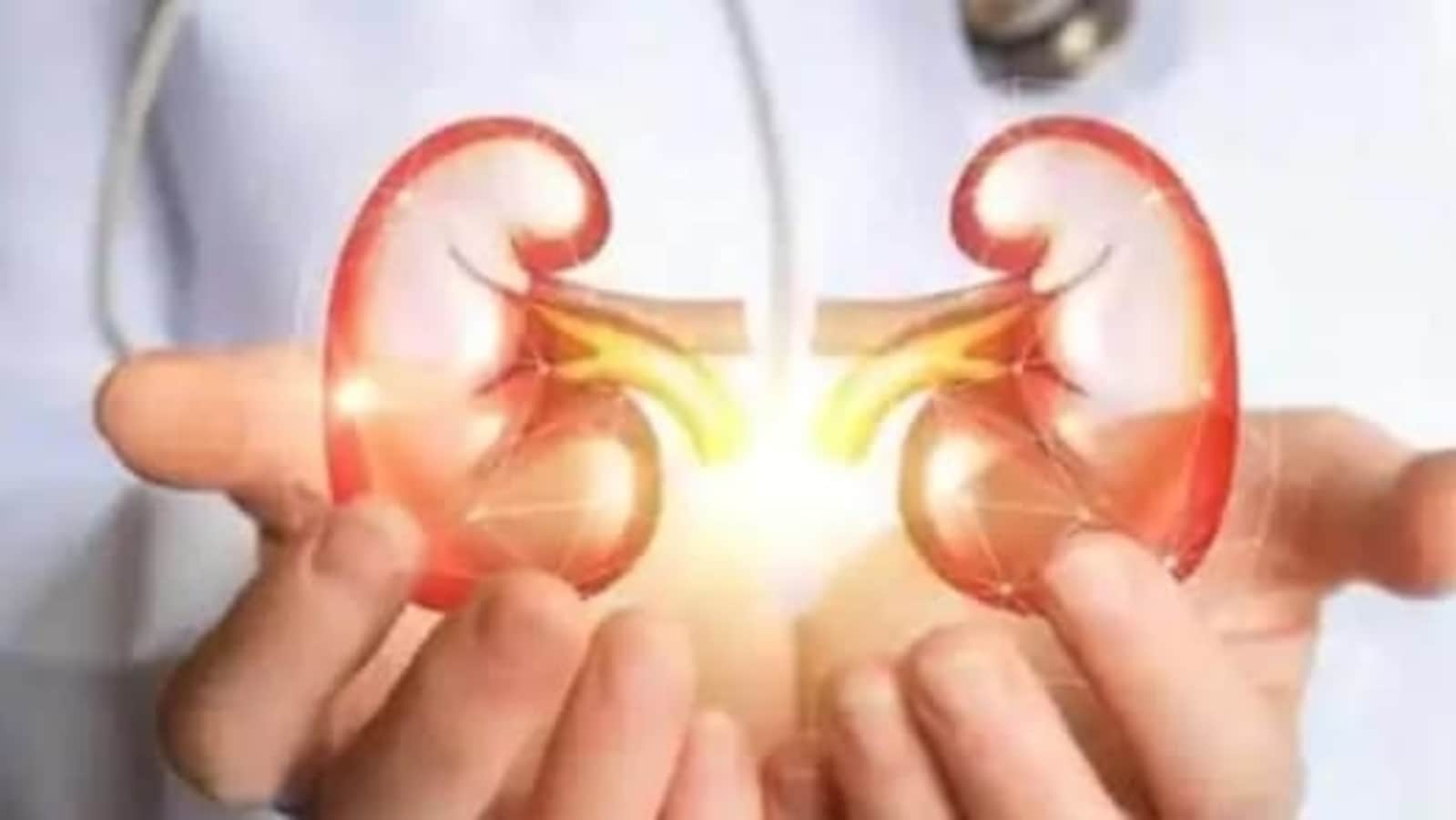
A novel cell remedy experiment for adults with diabetes has produced encouraging findings, in line with researchers.
The NEPHSTROM scientific trial is beginning to look into the potential of a brand new cell remedy for treating adults with sort 2 diabetes and growing kidney injury regardless of receiving the perfect medical care.
Results from the NEPHSTROM scientific trial had been introduced in November on the American Society of Nephrology’s Kidney Week assembly in Orlando, Florida. It confirmed {that a} single dose of ORBCEL-M, given intravenously to fastidiously chosen adults with worsening kidney illness because of diabetes was protected and related to higher preservation of kidney operate in comparison with a placebo. Patients collaborating within the trial had been adopted carefully for 18 months after receiving ORBCEL-M.
ALSO READ: Rise in Type 2 diabetes amongst youth over final 30 years: Research
The ORBCEL-M cell remedy is a mesenchymal stromal cell (MSC) preparation manufactured from wholesome bone marrow which was found and developed in Galway by Orbsen Therapeutics Ltd, a spinout firm from University of Galway.
The scientific trial is being led from the Mario Negri Institute for Pharmacological Research IRCCS in Bergamo, Italy and carried out collectively at main medical centres in Galway, Bergamo, Birmingham and Belfast.
Trial investigator, Professor Matt Griffin, a senior researcher at University of Galway’s Regenerative Medicine Institute (REMEDI) and a Consultant Nephrologist at Galway University Hospitals mentioned: “Nearly a quarter of a million people in Ireland are living with diabetes and we know that more than 40% of them have evidence of kidney disease – often referred to as diabetic kidney disease or DKD for short.
“In sort 2 diabetes, as many as one third of these with DKD have worsening kidney operate regardless of the perfect medical remedy we are able to provide. These persons are at excessive danger for requiring dialysis or kidney transplantation within the years forward – each of that are advanced therapies with probably critical issues.
“In NEPHSTROM, our goal is to secure evidence that a cell therapy, such as ORBCEL-M, is safe and can slow the course of DKD to help more people with diabetes avoid the need for dialysis or transplantation. It was exciting to report that our first analysis of results from the trial supports that goal.”
Dr Steve Elliman, who found the ORBCEL-M remedy, is Chief Scientific Officer for Orbsen Therapeutics. Dr Elliman mentioned: “At Orbsen Therapeutics we are motivated by improving patient care. Diabetic patients with progressive kidney disease eventually require dialysis and often a kidney transplant. While dialysis improves the quality of life of patients with kidney failure, it is expensive and does not prevent further decline of kidney function. Additionally, dialysis takes four hours per session and three times a week – creating logistic and economic challenges for the patient. Our goal with ORBCEL-M is to resolve systemic inflammation and improve kidney function, so that patients will not require dialysis or a kidney transplant. We’re encouraged by the safety profile and the preliminary efficacy signals in patients with DKD reported by the NEPHSTROM trial. We look forward to continued collaboration with our University of Galway and NEPHSTROM partners to advance this new medicine through Phase 3 efficacy trials and a market approval.”
Dr Veronica McInerney, Administrative Director on the HRB Clinical Research Facility at University of Galway mentioned: “Without patient involvement in clinical trials, advances in new treatments are simply not possible. We are fortunate to have the HRB Clinical Research Facility Galway, a clinically equipped space to see and treat patients on trials. We are hopeful that future generations will benefit from the willingness of patients to participate in trials, such as the NEPHSTROM trial.”
Professor Timothy O’Brien, Director of the Regenerative Medicine Institute (REMEDI), on the University of Galway and Consultant Physician in Endocrinology at Galway University Hospitals and the general lead of the NEPHSTROM undertaking, mentioned: “University of Galway’s ecosystem is set up to facilitate and lead international trials of this nature. The Cell Therapy GMP manufacturing facilities at the Centre for Cell Manufacturing Ireland, located in the University, along with the HRB Clinical Research Facility, the close partnership with Saolta University Heath Care Group and REMEDI have been instrumental in making the progression of this potential new therapy possible. Funding from SFI, the Higher Education Authority and the Health Research Board has supported and helped build this ecosystem and along with European Commission funding has made the advancement of this research possible.”
This story has been printed from a wire company feed with out modifications to the textual content. Only the headline has been modified.




